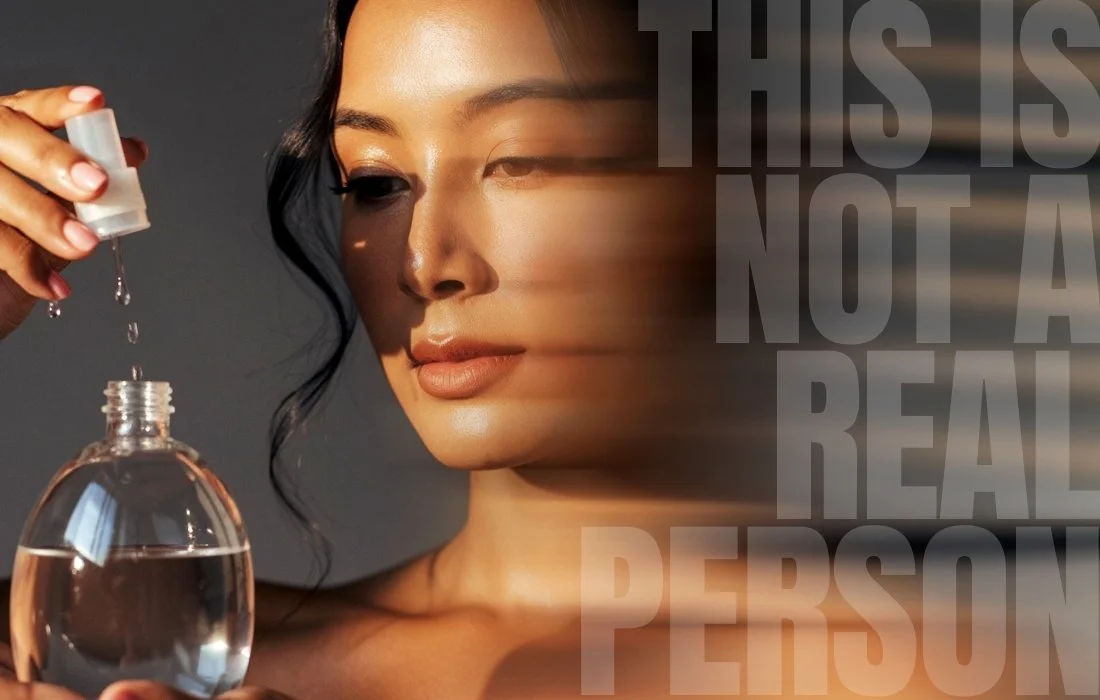
The AI Effect
I’ve been silently watching AI creep into every corner of our businesses, from operations and tech development to content ideation, creative thinking, and creative output. As a business owner, I completely understand the appeal of cutting both time and costs, those tangible, measurable qualities that increase profit and productivity by eliminating busywork and creating efficiencies. However, it’s the intangibles, the meaningful, emotionally inspired moments resulting from pure “creative thinking” that are now being roped into AI and that’s got me a little worried for the future of brand appeal.

Is Global Remote Work Becoming a Brand’s Most Valuable Advantage?
Global remote and hybrid work models are transforming from simple HR preferences into powerful brand-building strategies. As teams gain the flexibility to work from anywhere in the world, companies unlock access to global talent, richer creativity, and stronger internal culture. Research shows that new environments, autonomy, and cultural experiences activate novelty pathways in the brain—boosting creativity, problem-solving, and strategic thinking.
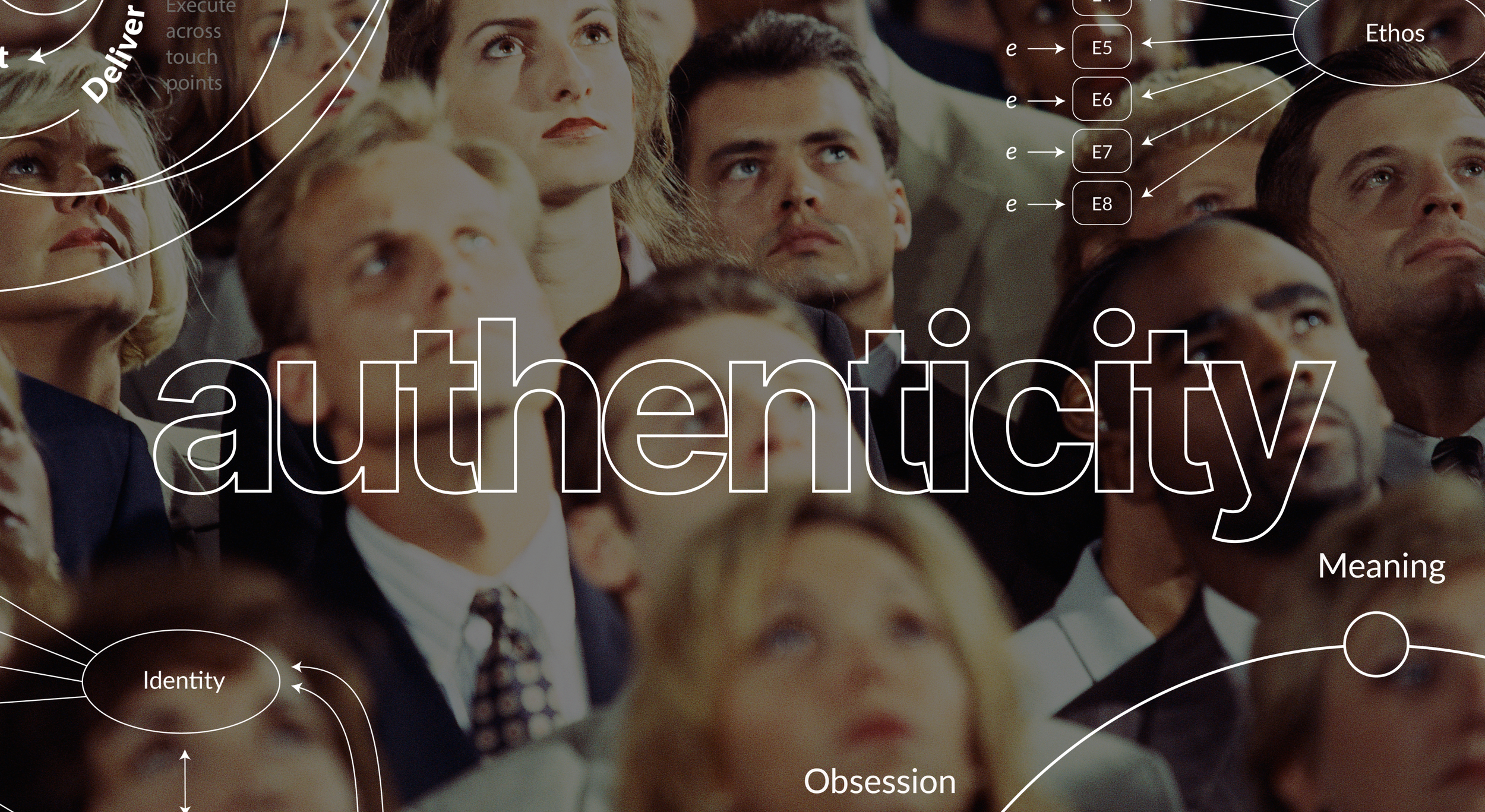
When Brands Become Human: Why Authenticity Is Your Brand’s Most Valuable Asset
Let’s be real … in a world oversaturated with perfectly curated marketing and AI-generated everything, people are craving something that feels human. But what does that mean, really? What does it mean to be human as a brand?
That’s exactly what inspired my dissertation study into brand authenticity, a research project designed to understand what makes brands feel truly authentic, how we can measure that authenticity, and why it matters so much to audiences, especially in industries like health and wellness, where credibility and trust are foundational.
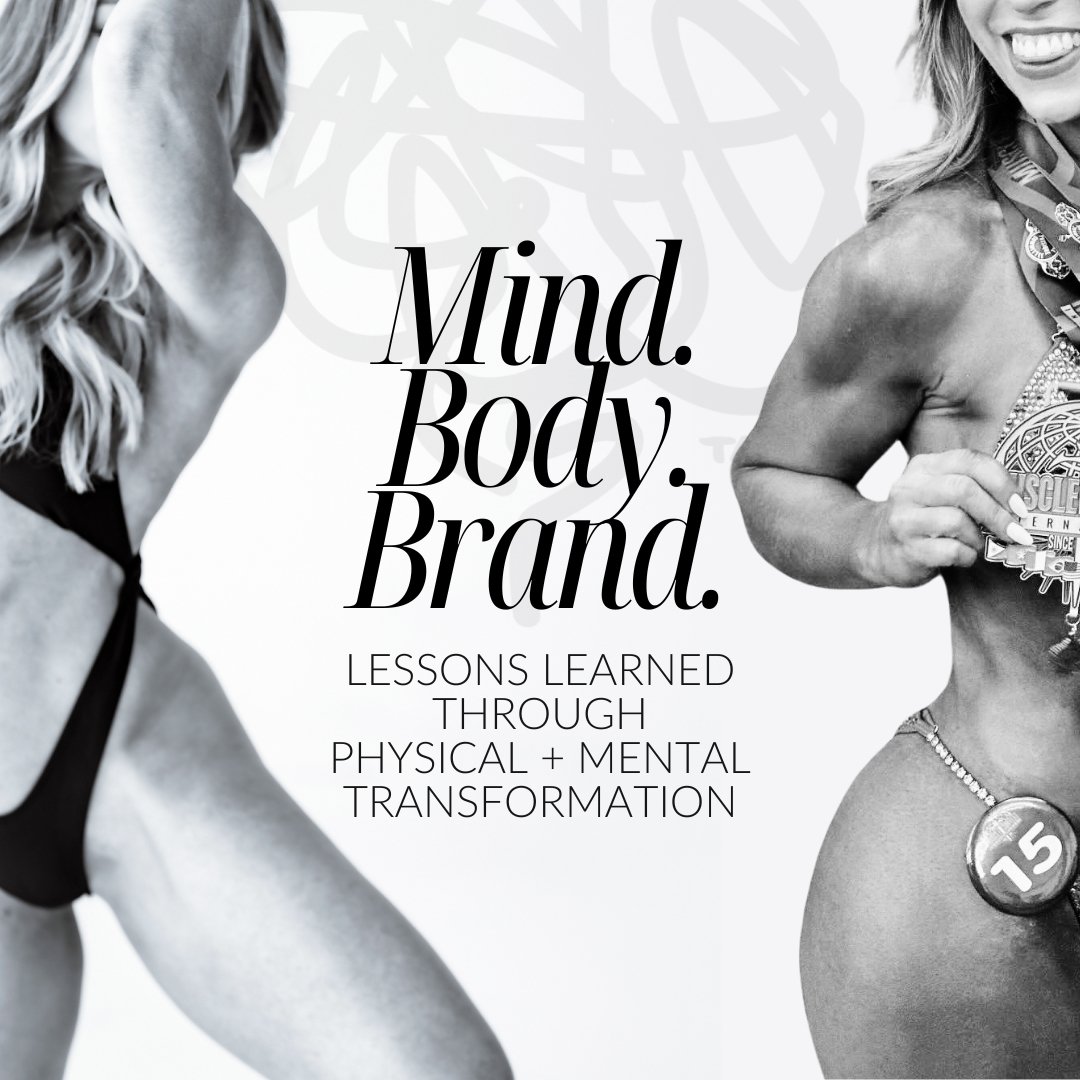
Mind. Body. Brand: Lessons Learned Through Physical and Mental Transformation
When we set our focus on something, whether it’s considered a personal or professional goal, it becomes personal to each of us. We take ownership of that goal until we achieve it, for ourselves, the teams we’re a part of, or the people/clients/customers we serve. There’s a depth to each goal, an extreme, that at the time may seem unattainable (like having a medal placed around your neck on stage). Truth is nothing is unattainable, it’s simply a sliding scale of what you classify as achievement. How far you want to push yourself, your business, to be the best version possible while maintaining life balance. That’s success, that’s finding happiness, that’s living in alignment with your purpose. No one else's, yours. When you own and take responsibility for progress, everything changes.

3 Ways Brand Influence is Changing Marketing
Branding and marketing have long been intertwined. Often interchangeable and sorely misunderstood, branding is about the feeling you create within your audience's mind and the strategy you build to support that feeling, whereas marketing is how you grow that feeling through tactics and measurable outcomes. The brand is the show and marketing is the promoter. They coexist to support each other but they are not the same.

Brand Science: Why we fall in love with certain brands
Oxytocin, often referred to as the “love or bonding hormone,” is a major player in social bonding, trust building, and encouraging emotional connection between people. This connection-inducing neurochemical is released during positive social and pro-social interactions, increasing our ability to feel close, be kind and supportive to others, and make a particular event more memorable and meaningful. Oxytocin influences our social behaviors and empathy toward others, making it a crucial element in both building and maintaining meaningful relationships. Whether these relationships are with other individuals, personal or professional, or brands, Oxytocin is responsible for bringing people together and interpreting meaningful experiences for us on a fundamental level.

Brand Science: How we learn and create memories through brand experiences
Part two of this series is all about neuroplasticity and how our brains allow us to change in response to experiences, new learning events, and environmental influences. Strong emotions like fear, surprise, and joy, can make an experience more impressionable, giving brands an opportunity to impact how others interact with and engage in memory recall after those events. If the experience is repeated enough, the neural pathway forms and commits the pattern to long-term memory, making consistency the number one factor in the reinforcement of learning during experiences. What this tells us is that brands have to set and continue to match the expectations of their audiences in order to make an impression that lasts.

Brand Science: How we tie pleasure, rewards, and our mood to brand experiences
The key factor here is if we understand what makes us (and our audiences) happy, we can create brand experiences that match, creating a scientifically backed association between what we do and positive pleasure and reward feelings in others. While this may seem like an effort to manipulate market interest, it’s actually in support of learning how to create wildly entertaining, engaging, and memorable brand experiences that others enjoy. When you focus on creating a great experience, the less you have to worry about selling or explaining what you do; the experience sells itself and you end up with happier people and a loyal following.
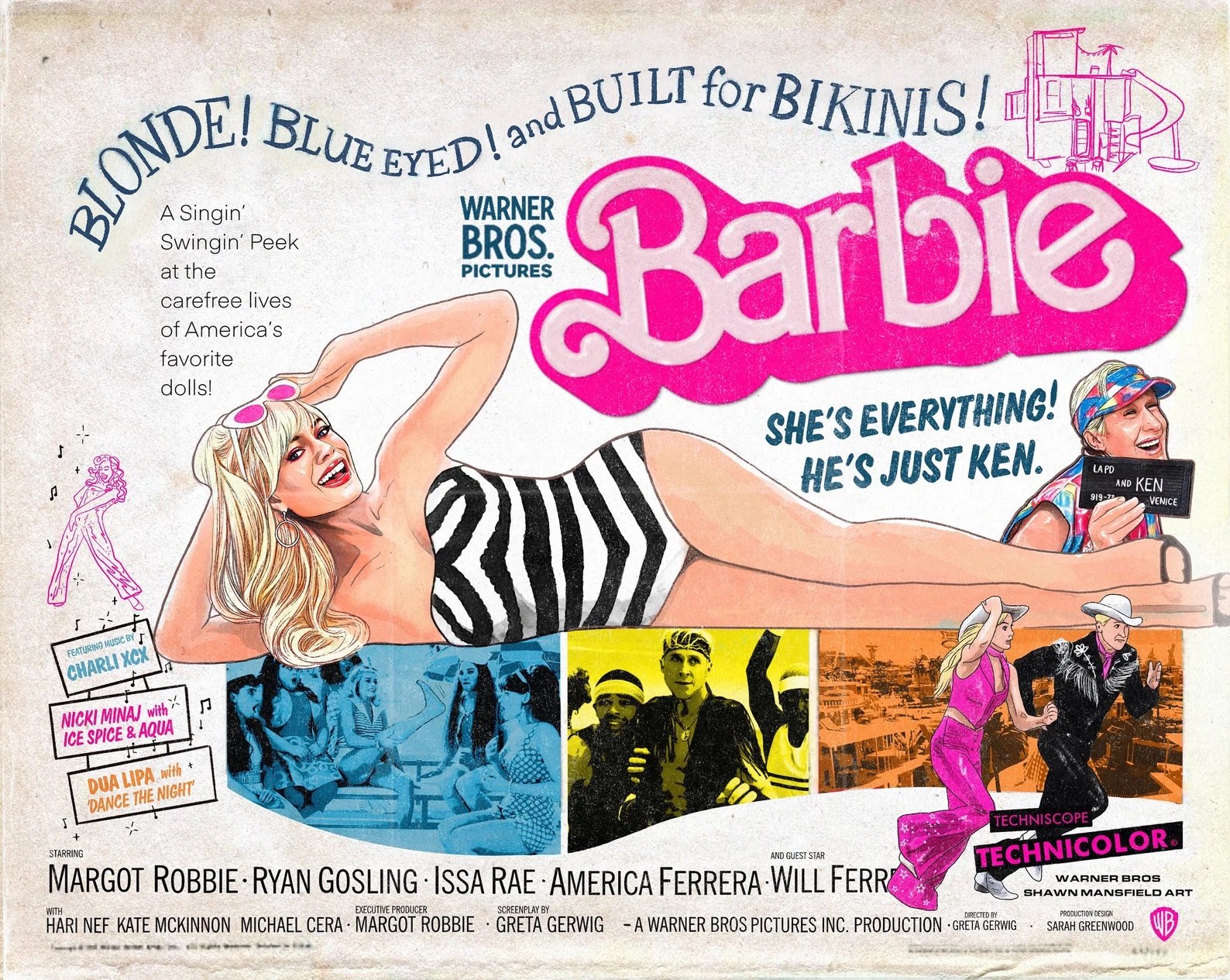
Barbie: Bringing to Life a Brand Icon
Barbie truly is one of the most recognizable and personified brands ever created with a legacy that continues with each new wave of young girls drawn to her ideal image. As long as little girls everywhere continue to play pretend and imagine their pink dreamy worlds, Barbie will live on. In fact, I love to watch my nieces play with the new and improved Barbies of today, all their accessories, new career paths, and creative backstories. Barbie (and Mattel®️) knew how to create a toy that was accessible and admirable to little girls everywhere. Barbie gives them something to project their dreams and aspirations onto in a way that makes them feel like anything is possible.

Travel to Create Yourself: Branding Lessons Learned Around the World
My time traveling taught me so much about the world, myself, the way that I fit into the world. It’s often difficult to truly put it into words. Throughout my trips, I’ve collected these thoughts in a note on my phone titled “Life advice / wisdom I’ve accumulated” no seriously, that is what it's called – a little presumptuous but also quite true if I do say so myself. These ideas are applicable to travel and life in general, but also deeply rooted in the foundation of building and refining successful brands.
Whether it’s your personal brand and journey or a shared vision maintained through many, brands are rooted in exploration and connection best learned from true experiences.
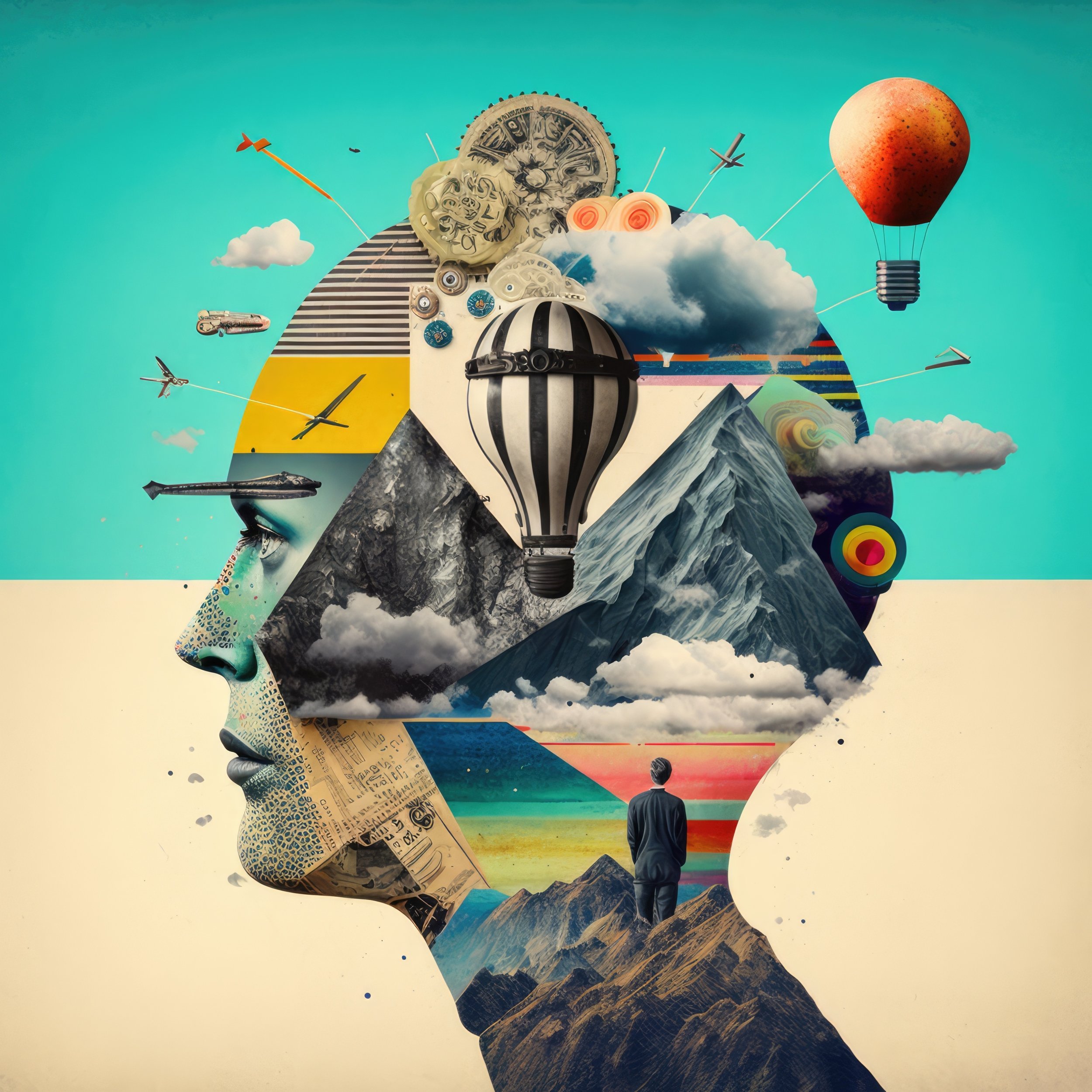
The Difference Between AI & Design Thinking
Traditional design thinking is the ability to discover, define, simplify and humanize complex problems for the better. This divergent and convergent way of thinking allows us to interpret and define problems through observation and exploration, so that we may shape them into better outcomes. While identifying a problem can be the “easy” part, it’s what follows that makes design thinking a uniquely human skill. Our ability to develop and deliver a slew of possible solutions, while simultaneously processing and testing through empathy and intuition, is unique in the world. This innovative method of thinking thrives on our relationships with each other and the problems we experience, relying less on knowledge and analysis and more about how well we intuit the problem to drive a better experience.
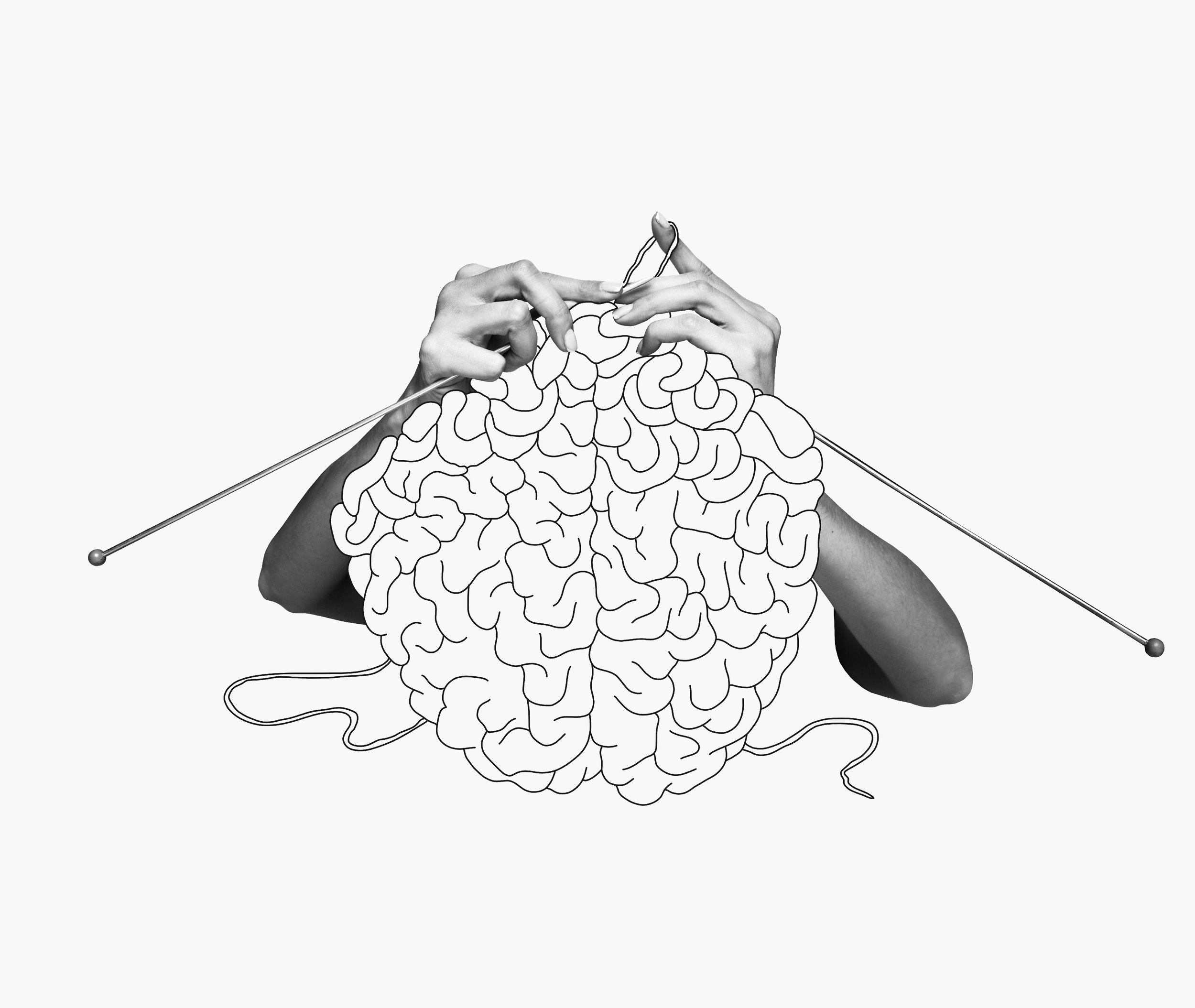
How to Make Discipline Your Secret Weapon
Creativity by itself may only ever stay in the "potential" state whereas discipline pushes past the idea and into the real world, helping you create the tangible experience you were born to share. Having the discipline to recognize the moment where an idea becomes a path, that’s creative discipline. How do you get there? Intuition is certainly one way, you learn to just feel it, but I’ve personally found that practicing discipline in other areas of your life can generate moments of “discipline awareness” that extend into your creative work.

Press “1” To Speak To Someone, Anyone In Customer Service
With all the advancements in convenience based technology, we’ve lost touch both literally and figuratively with humans. From live chats to support@ emails to 800 numbers with recordings, why is it so hard to just get a person on the other end of the phone? Not all problems fit into a dropdown or can be easily explained over email. To take it a step further, add in a layer of new software anxiety and you have a full blown customer service crisis on your hands; at least that’s how it can feel from your customers perspective. Why would a brand ever want to put a customer in that position? Feeling frustrated, helpless, confused, and questioning why they chose you? The answer is, they shouldn’t. Customer service should always remain human, easily accessible and progress towards a “quick to fix” solution for your customer.

Creativity: The Variety Pack Edition
As creatives, we thrive on variety, gathering information, and live to question things. We piece things together, reimagine what’s considered possible, and reframe what we know until something just clicks. It’s a nurtured way of thinking that simply becomes a part of our toolkit. We’ve trained our brains to never stop thinking, to constantly be running programs in the background as we go through life, which at times can be both a blessing and a curse. But when and how do we keep feeding the machine that feeds us? The answer is all the time and through endless variety.
There are ways to bring creativity back, you just have to look for it.

Do Aliens Think and Act Like Us?
If I’m being honest, I never really understood the modern concept of “fitting in.” Sure we all want to belong somewhere, be liked by others, etc., but that should never be at the cost of being and thinking for ourselves.
We offer so much more to each other when we think and act outside of a hive mentality. Despite our behavioral efforts, our brains are simply wired differently. We are given the opportunity to interpret life, frame ideas, and explore our unique place in the world all from the lens of our own experiences. That's pretty freakin' cool. However, we are constantly wrestling with the balance between individuality and conformity. Why do we feel the need to fit in (and be accepted) at a seemingly fundamental level?
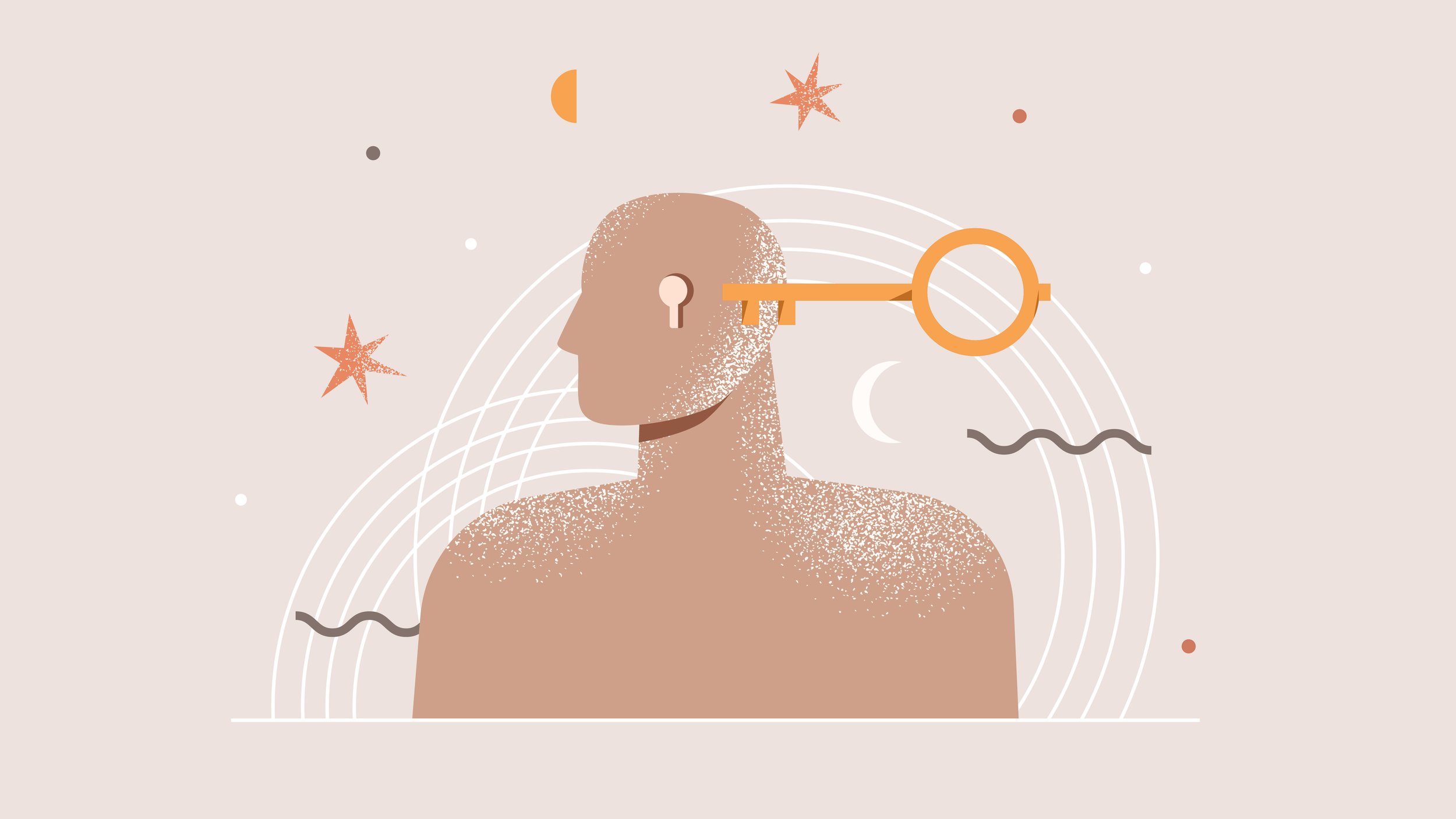
Why Human Connection Is at The Core of Compelling Brand Content
While we may be spending insane amounts of time in “content creation/consumption land”, we are highly selective, guarded even, of anything that feels sales-y or not relatable. As these numbers continue to grow, the need for purpose-driven, relevant and valuable content will follow, narrowing our margins for error even more. How do we connect, like truly bond, with our communities and what does that even mean? Well, we likely know how to bond with people, right? Taking inventory of your personal and professional life, there are certain people’s voices that speak louder than others. What is it about them that resonates with you at a core level? Is it their values, are they inspirational in some way, do they make you laugh and brighten your day, are you constantly learning from them? The answers to these reflect your level of connection, the investment you’re willing to make in time and attention, and the depth of care you have for who they are and what they mean to you in your life.

6 Ways to Humanize Your Brand Experience
It may seem obvious, impossible to ignore even, the emotional element that’s been infused into marketing and advertising over, I don’t know, the last 20 years? The tear jerking commercials, the touchy-feely taglines, and all the feel good brand partnerships that seem to flood your TV, social feeds, and web browsers; all designed to make you feel something, to connect with a brand. It’s not trickery, it’s simply where we are. A product or service is no longer the main differentiator, it’s how brands make people feel that keep them coming back. Customers are looking for an enjoyable experience on top of what they already expect from a business. They long to connect with something/someone that’s worth their time, their effort, and their money, all of which is integral to your business’ growth. Consumers are making buying decisions and judging brands with the same level of scrutiny as they would a personal connection, and while that does make our jobs more difficult, it’s a great way to force brands to own who they really are.
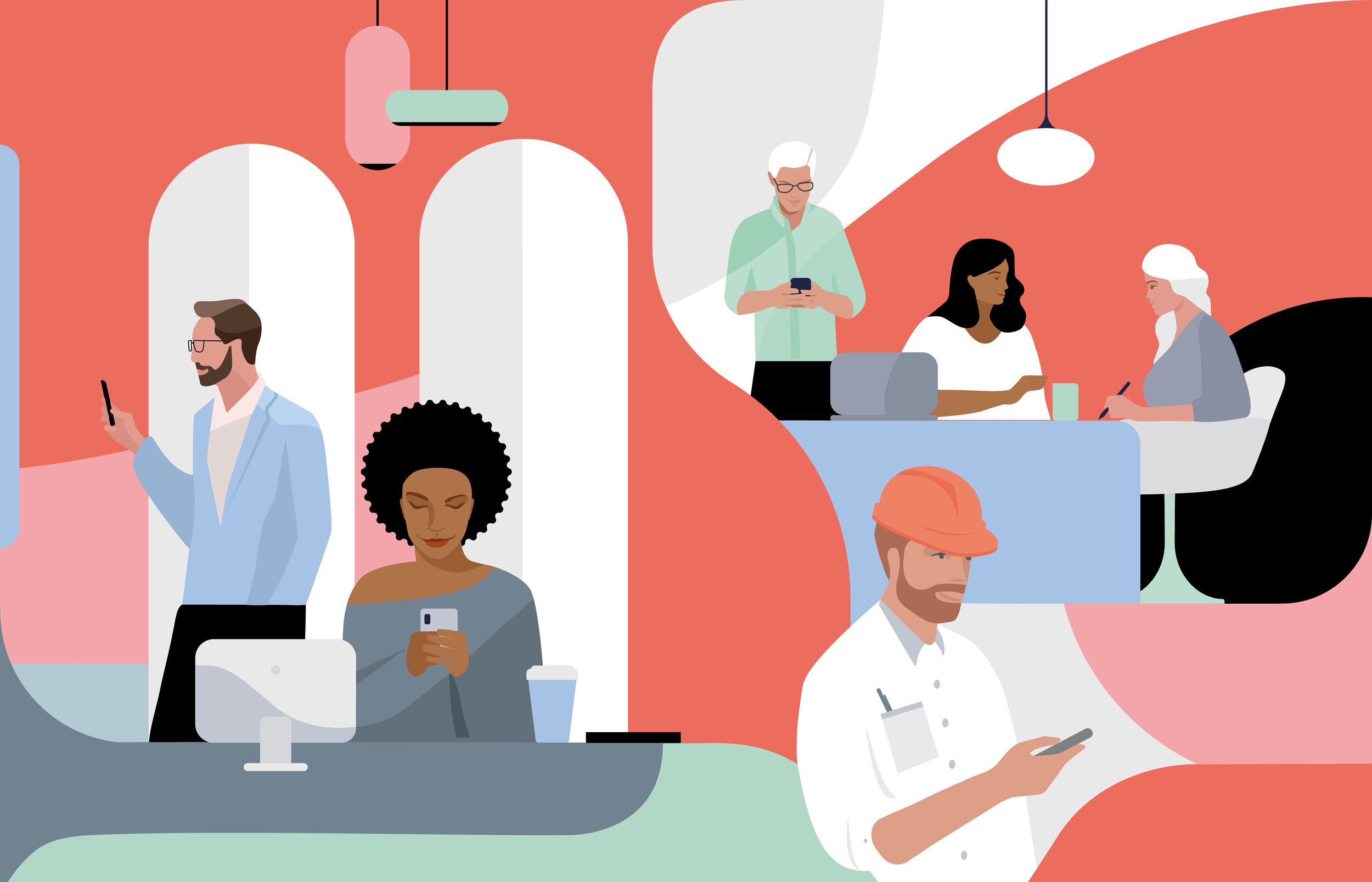
Connection vs Accessibility: Why We're Burning Out On Social Media
Well, we’ve done it … connection at scale has become the norm. All we need is a phone and the internet, and we can literally discover, connect, and communicate with anyone in the world. This is what we’re doing, right? Connecting? I’m not so sure. Granted, this type of connection offers many benefits, but our social brains can’t sustain this diluted form of “connection.” We once survived and thrived in small communities and now we have followers; voyeurs, even, that share in our lives all to provide a quick dopamine hit from our connected digital worlds. A true quantity over quality method of thinking that frankly is emotionally burning us out. Our comparison circles have gotten bigger, our lives have gotten more curated, our attention span has gotten shorter as we scroll and scroll through endless content, and our identities are becoming blurred as our reality morphs into perceived expectations and group-think interpretation.
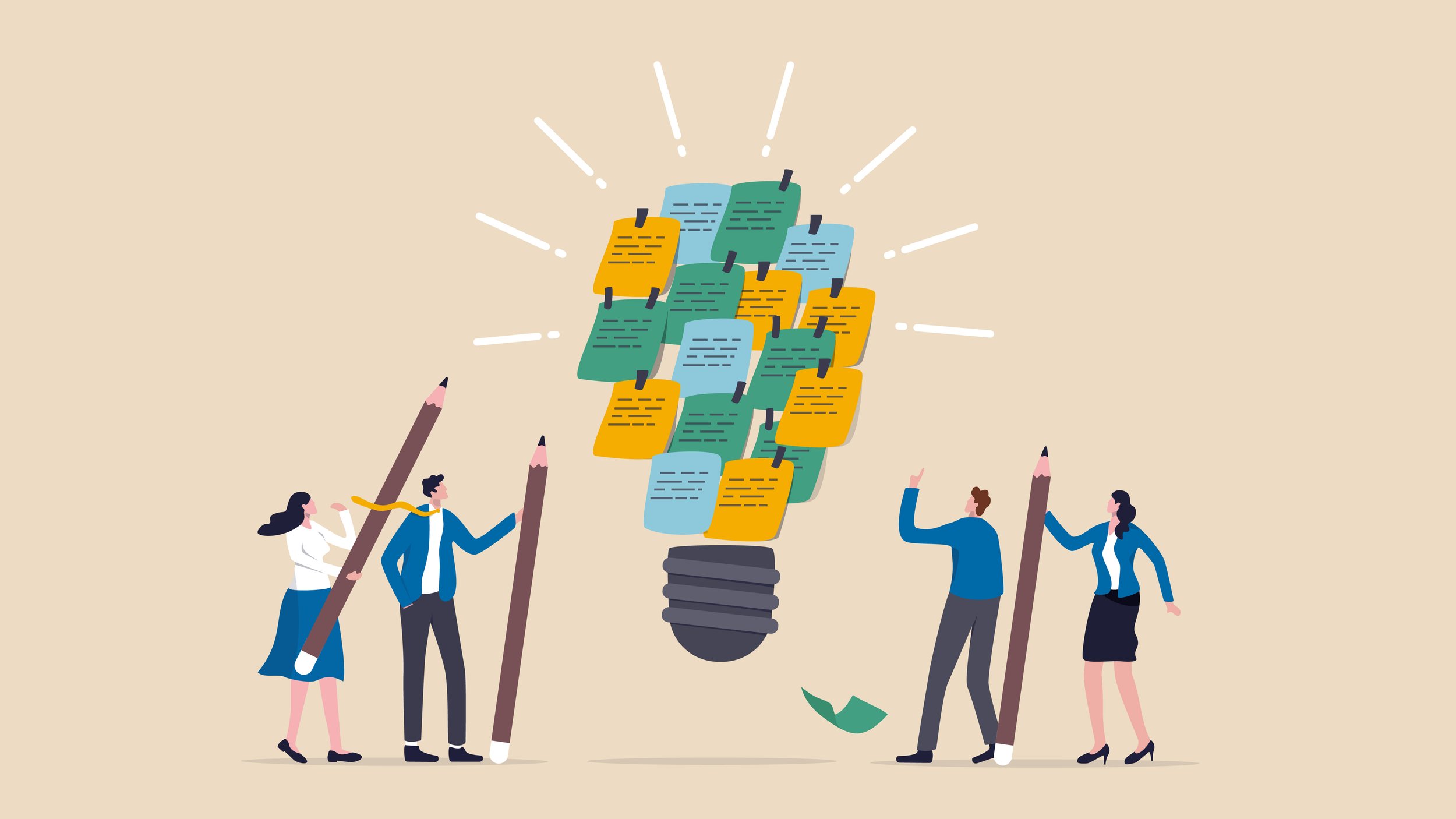
Why Companies Need to Immerse Their People in Their Brand
I read an article the other day from Fast Company titled “This is why no one wants to be a middle manager anymore.” This appropriately titled article accurately addresses the challenges of stress and anxiety, mental burnout, and the seemingly overall dissatisfaction and missed marks of these mid-tier employees. Can you blame them?! Aren’t we all feeling high stress and anxiety levels, some version of burnout and an overall dissatisfaction with the state of things these days? This is a humanity issue, not just an employee or, in the case of this article, a middle manager issue. We are all feeling the pressure of immense change around us, from social culture issues and pandemics to shifts in workplace dynamics and everyone battling with “this is not where I saw myself” thinking. So needless to say, companies and/or brand ecosystems are feeling it too.
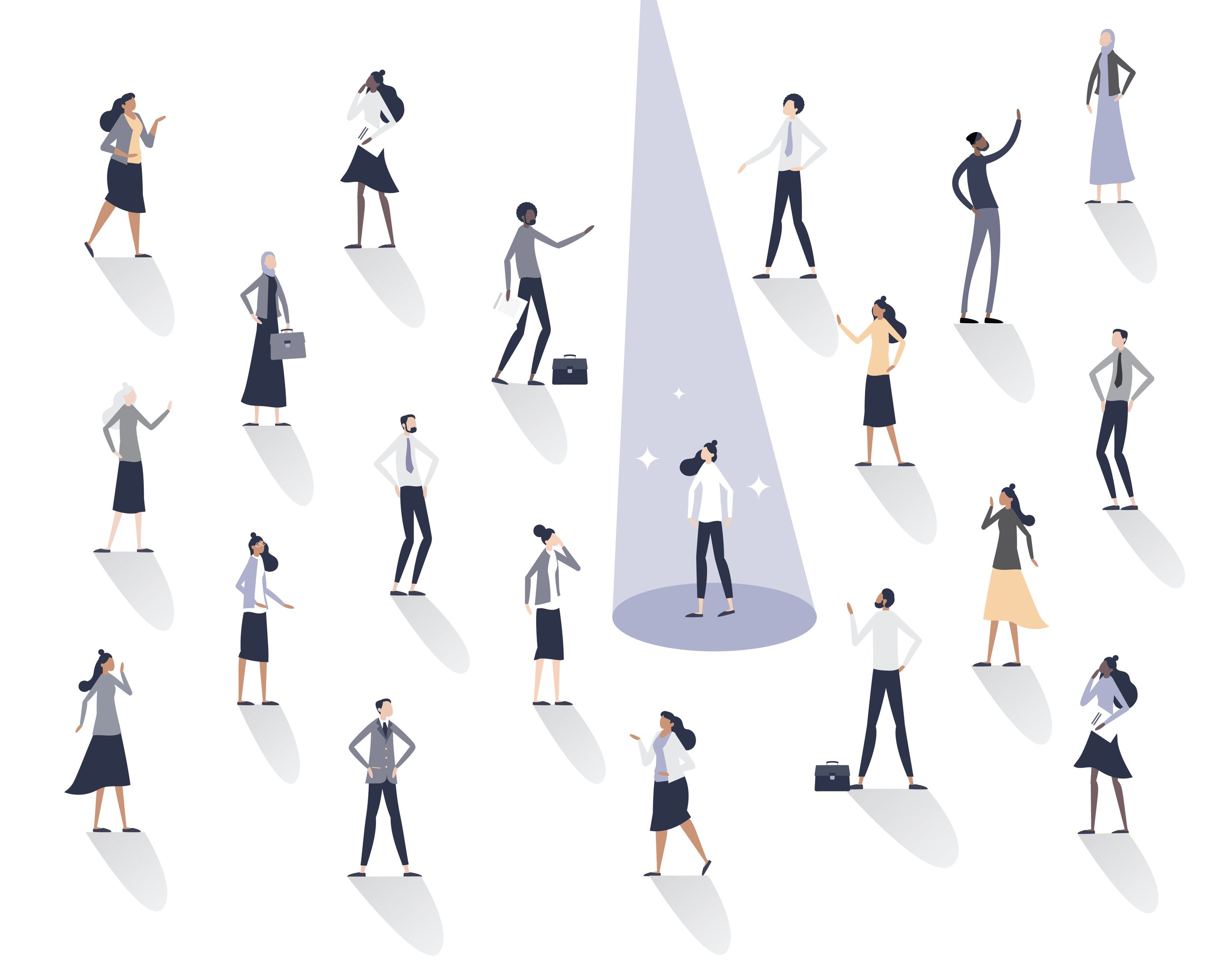
Understanding Identity: You Are Not What You Do
It’s pretty easy to default to what you do when describing who you are. You hear it all the time, at parties, during interviews, on dates, etc. Why is it when we hear the question ‘so tell me a little about yourself’ we freeze up and have a million thoughts cross our minds. I mean we know who we are, right? Why is it so hard to articulate that sometimes? And when we finally do, why do we start with what we do? The answer is it’s easier to hide behind the roles and titles we hold in life rather than going into detail about who we are. It feels too personal so we suit up with our armor and have a battle of titles and descriptions.
